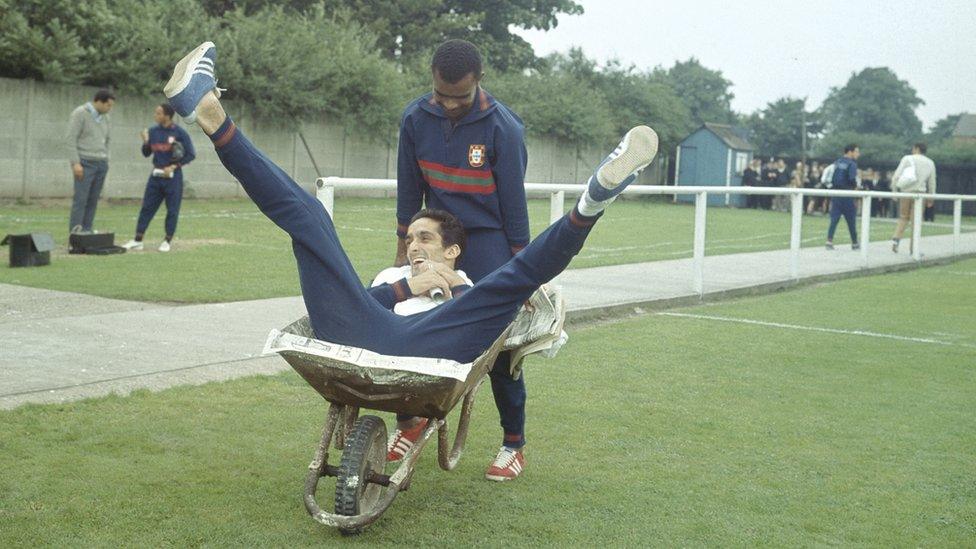Suitcase reveals secrets of England World Cup win
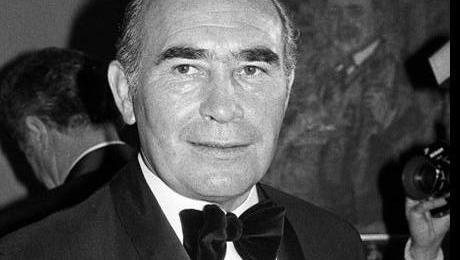
Sir Alf Ramsey led the England football team to victory in 1966
- Published
The detailed plan put together by the architect of England's World Cup victory has been revealed in a bundle of papers found hidden in an old suitcase.
Manager Sir Alf Ramsey meticulously set out his thoughts on how his players should be treated, in the lead-up to the national triumph on 30 July 1966.
The insight into footballing history has been divulged after the unassuming brown suitcase was put up for auction in Diss, Norfolk, following the death of its owner Elaine Coupland in March.
The Couplands had been friends and neighbours of one-time Ipswich manager Sir Alf in the town's Valley Road - and had been given the documents when his widow, Lady Victoria, died in 2018.
Contents of the hard-backed suitcase included scouting reports from the then Manchester United boss Sir Matt Busby, and player bonus proposals of £22,000 should they lift the World Cup trophy.
But there were also plans that pointed to simpler times, in both the national game and society as a whole, as Sir Alf got to grips with devising his training camp strategy.
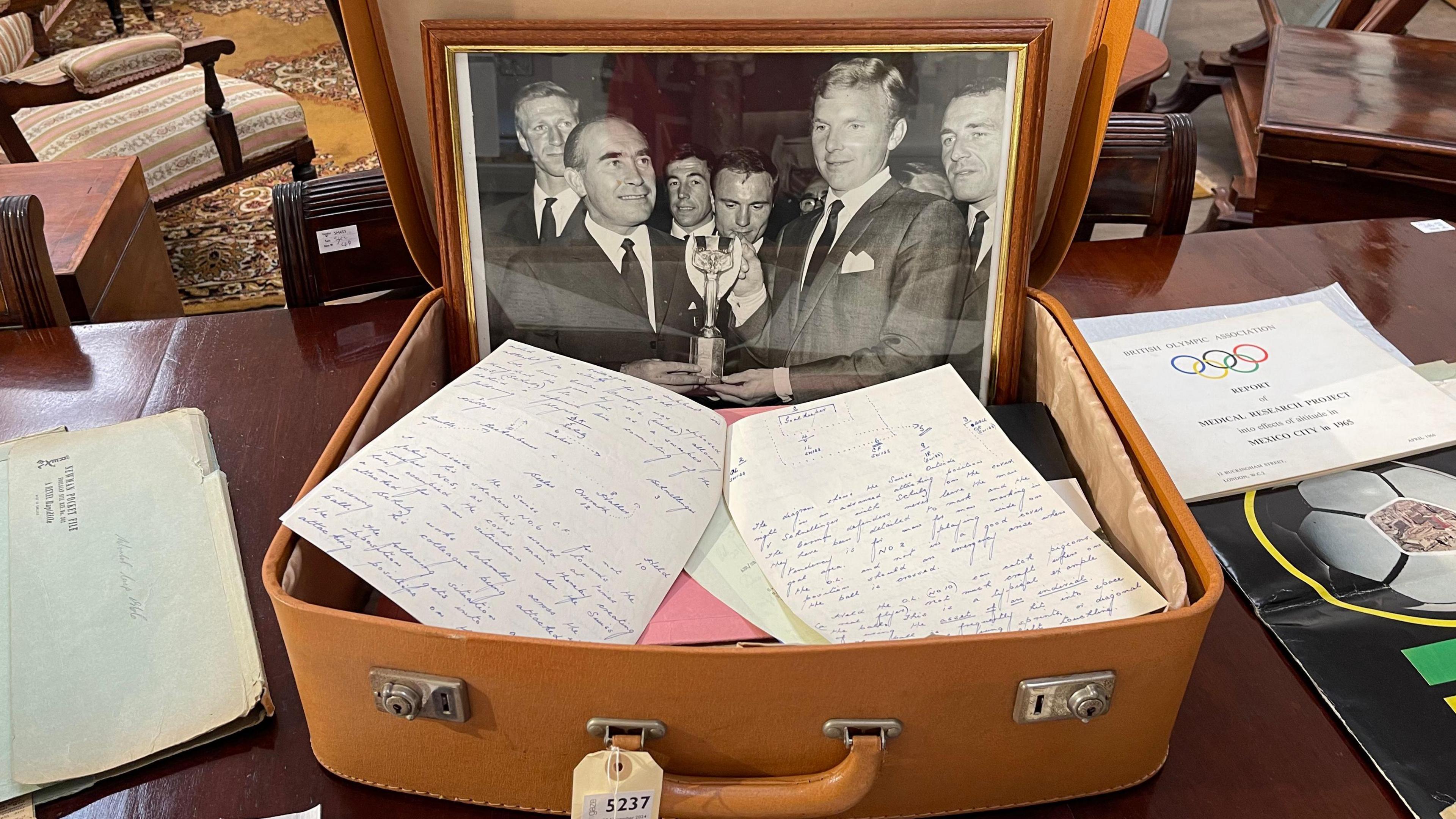
The suitcase has documents and letters from when Sir Alf Ramsey (left) and England captain Bobby Moore (right) won the 1966 World Cup trophy
'Adequate supply of squash'
A training camp was set up at a former country house in Shropshire.
Lilleshall went on to become the FA's school of excellence and it was used by several sporting governing bodies.
But from 7 to 17 June 1966, it was home to the nation's top footballing talents including Bobby Moore, Nobby Stiles and Jimmy Greaves.
A mix of hand-written notes by Sir Alf and a typed document - from his meeting with a representative from the FA and another from the now defunct Central Council for Physical Recreation (CCPR) - showed just how everyday his intentions were about how his team should be handled, in what turned out to be the run-up to the Wembley final.
Under the heading of food and dining room, it was written that players should have an "adequate supply of squash, drinks, milk and fresh fruit".
It was also stated that food was "to be first-class in quality and quantity", and there was to be "waitress service in the dining room".
In his notes, Sir Alf - who died in Ipswich in 1999 - had written there was to be a "choice of menu" and "players may have own thoughts on types of food they require".
Books and manuscript expert Rob Henshilwood, 41, of TW Gaze auction rooms - which will sell the collection on 28 November - said the documents highlighted a more straightforward era.
"It's so hands-on," he said.
"It's a world away from modern football management where you have a whole entourage."
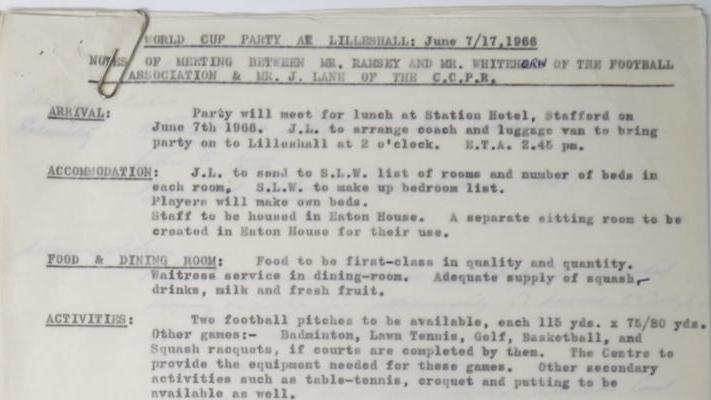
The typed notes from a meeting about the training camp documented arrangements
'Players will make own beds'
They might have been on the verge of achieving legendary status, but players such as Geoff Hurst, Jack Charlton and Alan Ball were still expected to "make own beds", in the edict laid out by their manager.
Under the title of accommodation, it was also detailed how bedroom lists were to be drawn up, while Sir Alf's staff were to be "housed in Eaton House" and have a "separate sitting room" created for their use.
In his hand-written notes, he wrote there should be a radio, television and card table.
A "rooming list" for the Lilleshall training was also found in the memorabilia.
Bedrooms, named after places in South Africa, were shared by up to seven-strong groups of footballers. Bobby Moore - with his first name initial given as R - was told to share with Stiles and Ball, among others.
Mr Henshilwood said the inner workings of the training camp setup was just one of the many treasures packed in the suitcase.
"It's almost been sleeping, in effect, and not known about and just come to light now," he said.
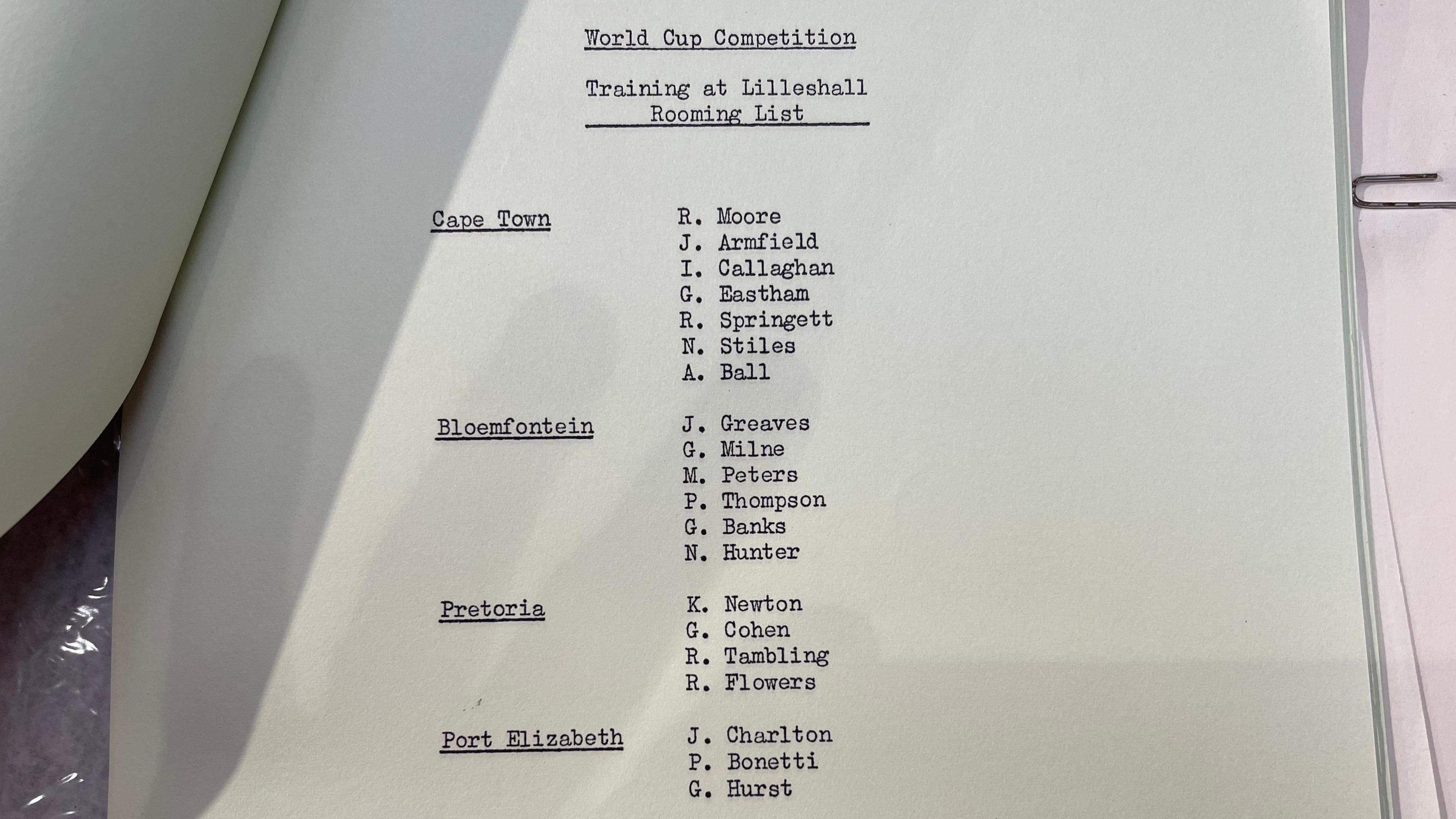
Football heroes shared rooms together under Ramsey's regime
Security was tight
It was understood that the arrival of the national football squad in rural Shropshire would generate interest.
To that end, Sir Alf wanted everyone involved in the training camp to know that: "The centre staff to take all reasonable steps to prevent all unauthorised persons to obtaining access to the house, grounds and playing field."
However, it was stipulated that both reporters and schoolchildren would be allowed to meet the team.
"There will be two or three open mornings or afternoons, when press or approved parties of school boys, particularly, will be allowed in," the meeting notes said.
Mr Henshilwood said the memorabilia was marked out by being so "unique".
"There's so much material in here... it's real national sporting history," he said.
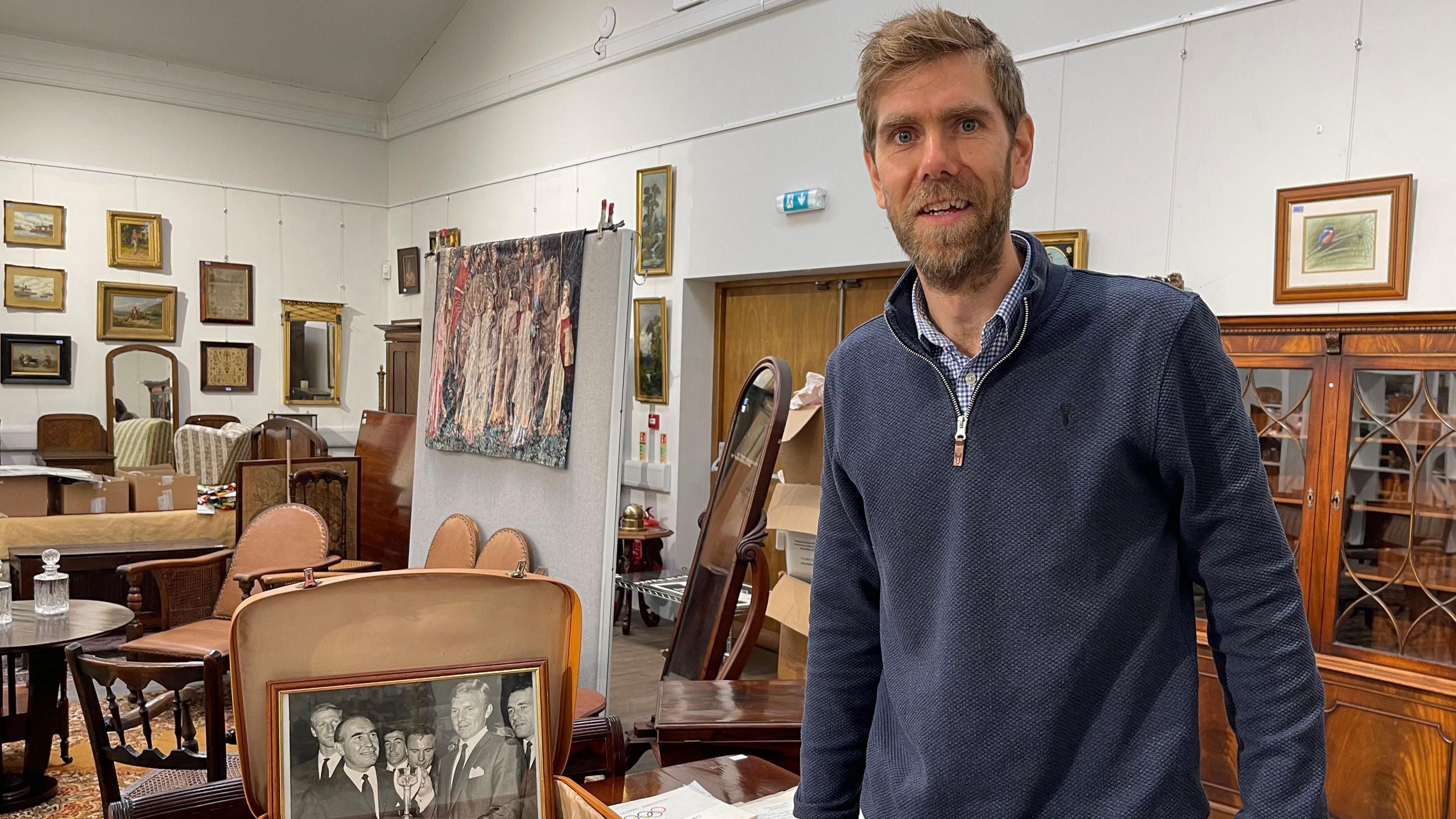
Rob Henshilwood, from the auction rooms in Diss, said he hoped the collection would stay in the country
Croquet, anyone?
Under the heading of "activities", a list was set out of games and sports that the footballers could enjoy while at Lilleshall.
Top of the list was, unsurprisingly and thankfully, football, with the note: "Two football pitches to be available, each 115 yds x 75/80 yds."
Players would be kept busy with a selection of other games too, with badminton, lawn tennis, golf, basketball and "squash racquets if courts completed by then" - all given the go-ahead despite the risk of injury.
"Other secondary activities such as table-tennis, croquet and putting to be available as well" opened out the scope of fun.
The suitcase has been given a "conservative" estimate of between £1,000 and £1,500, with some bids already received.
However, Mr Henshilwood said it had been difficult to value the collection, as there was little to compare it to both terms of its uniqueness and its place in footballing history - and he believed it should remain in England.
"I hope it goes to a private collector or an institution in this country," he said.
A letter confirming World Cup-winning Sir Alf's appointment as England manager sold for £3,400 in 2018.
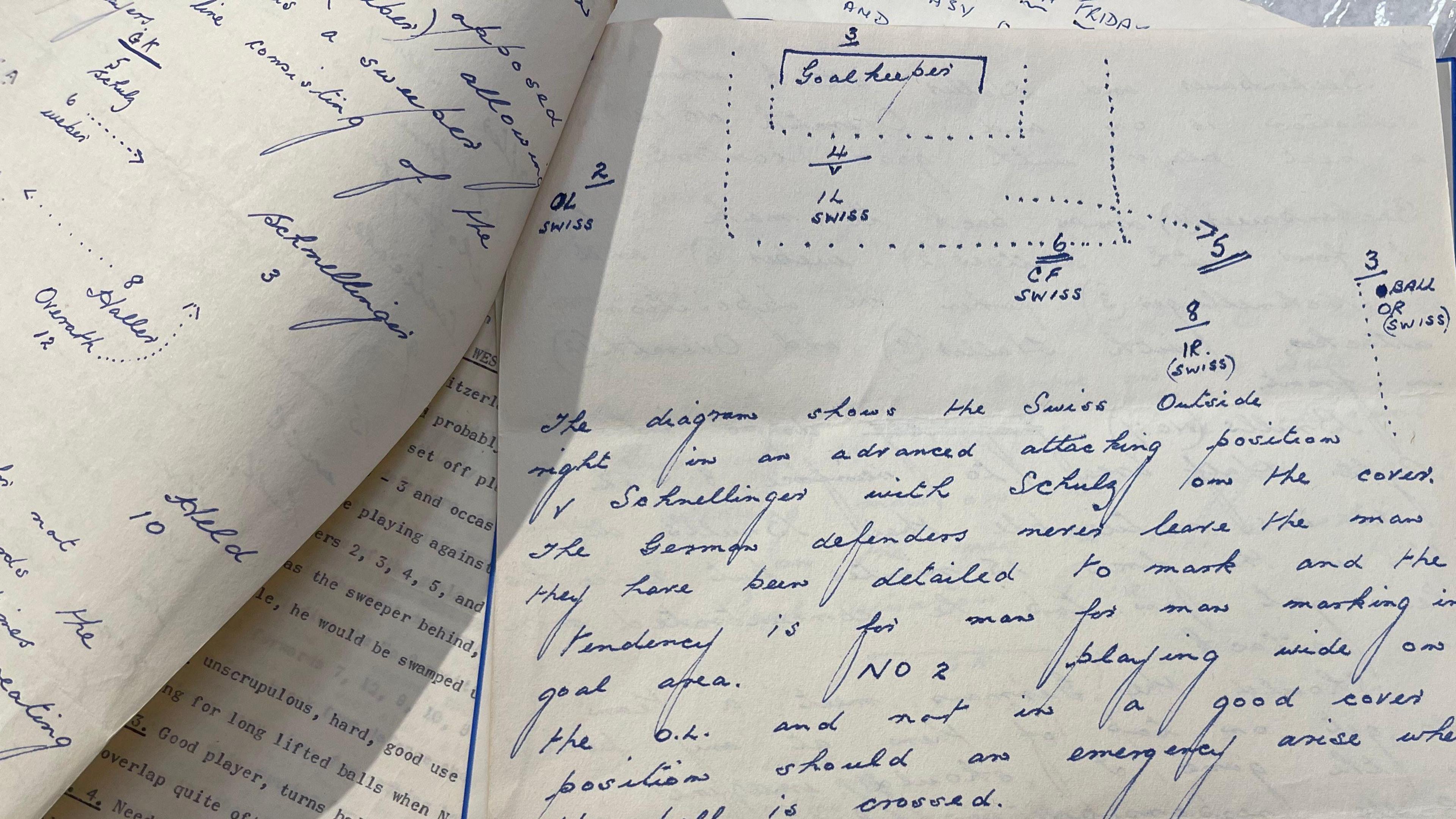
The two neighbouring families of the Ramseys and Couplands became friends and would often go on holiday together, particularly to Austria and Germany
Listen:
Get in touch
Do you have a story suggestion for Norfolk?
Follow Norfolk news on BBC Sounds, Facebook, external, Instagram, external and X, external.
- Published23 November 2024

- Published21 June 2024

- Published18 June 2018
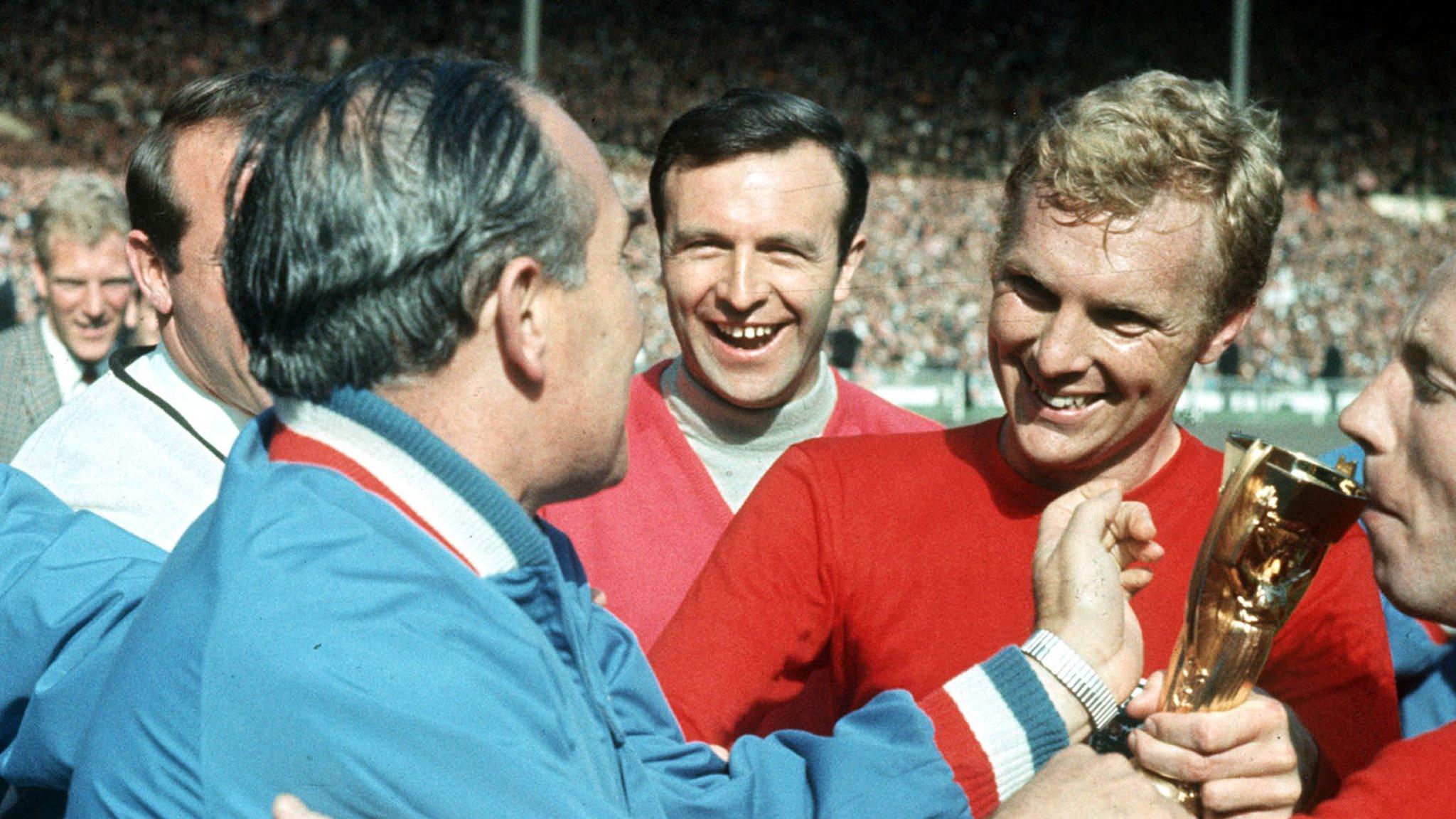
- Published11 November 2023
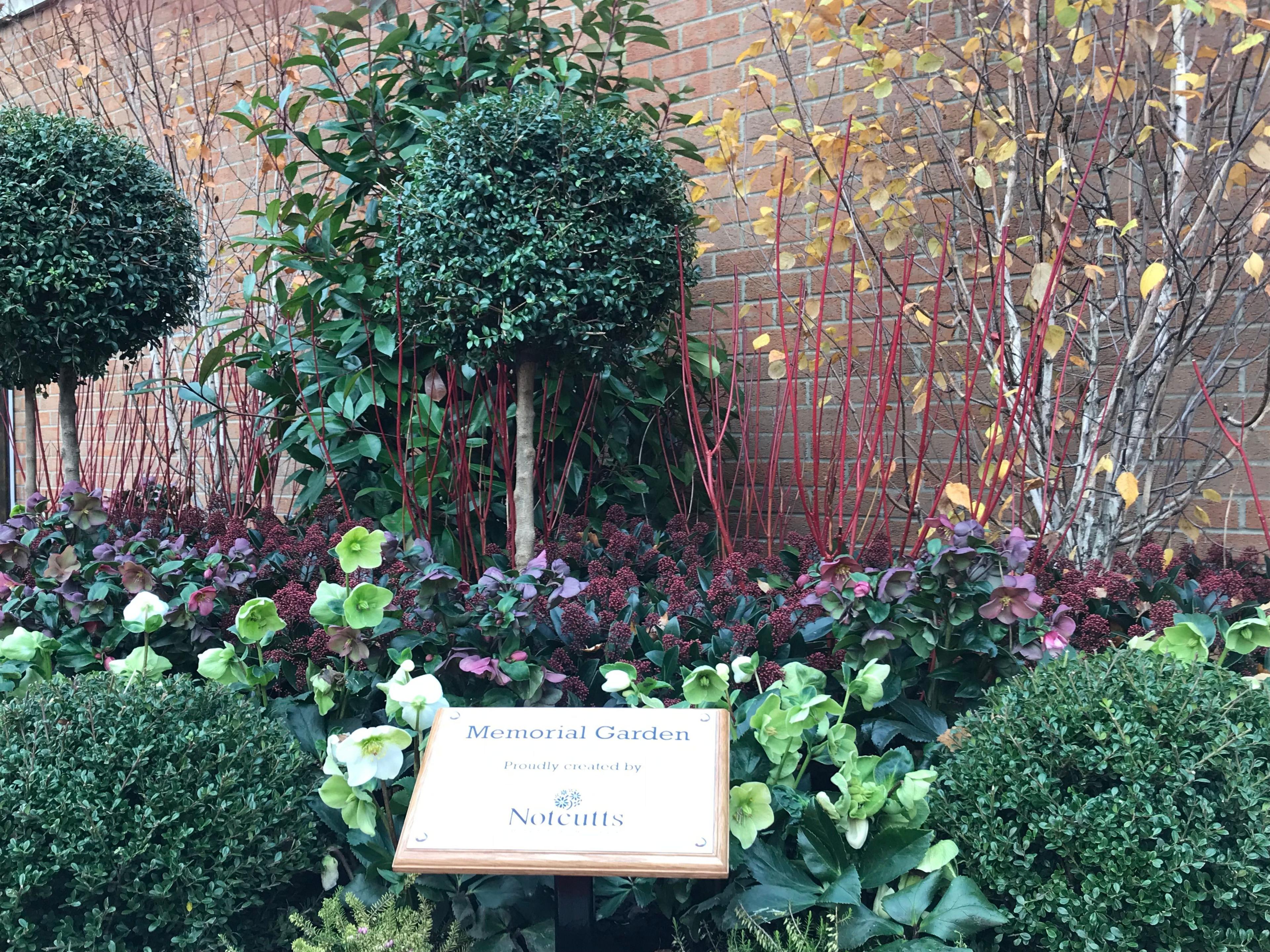
- Attribution
- Published13 February 2020
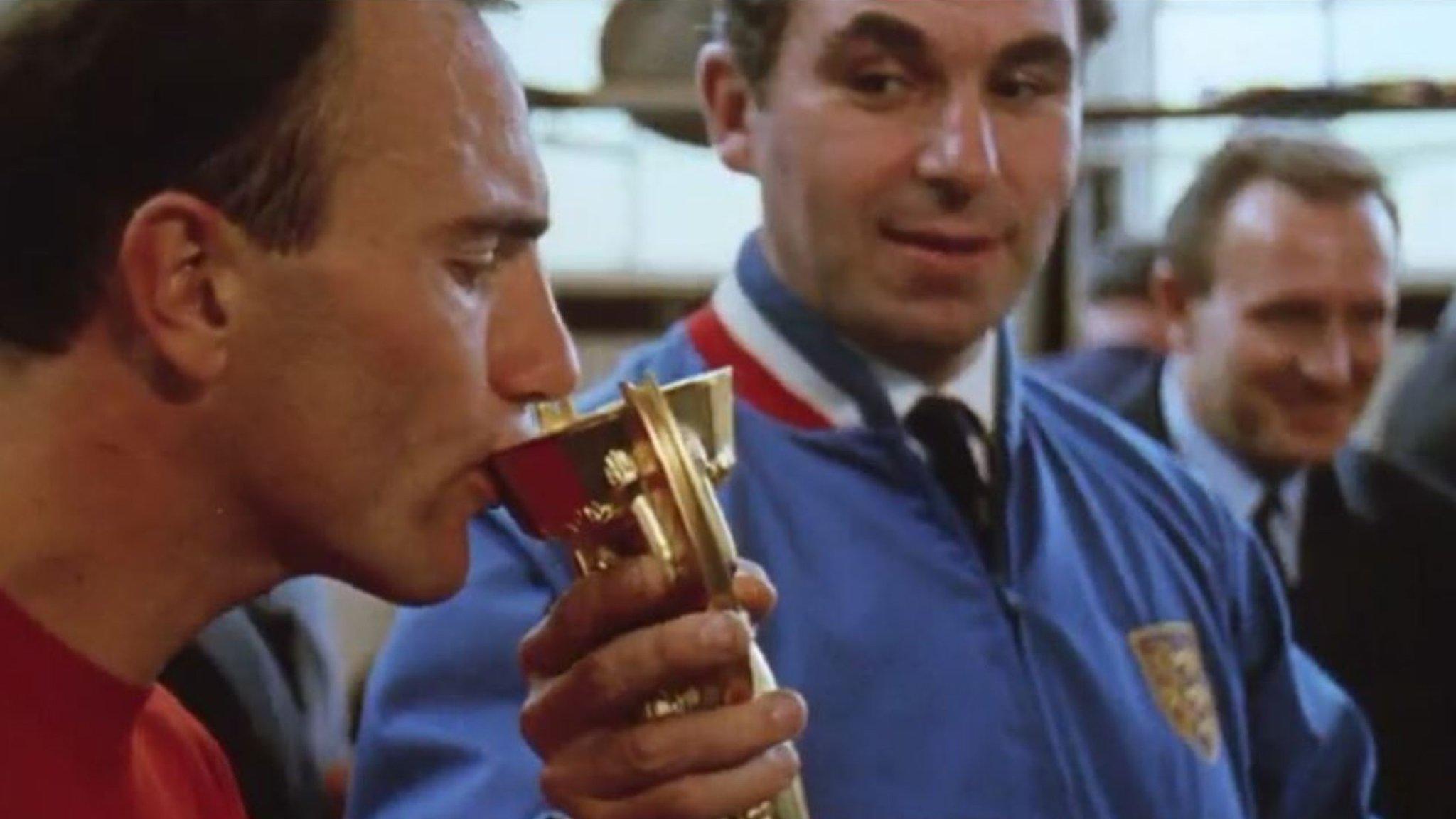
- Published29 July 2016
